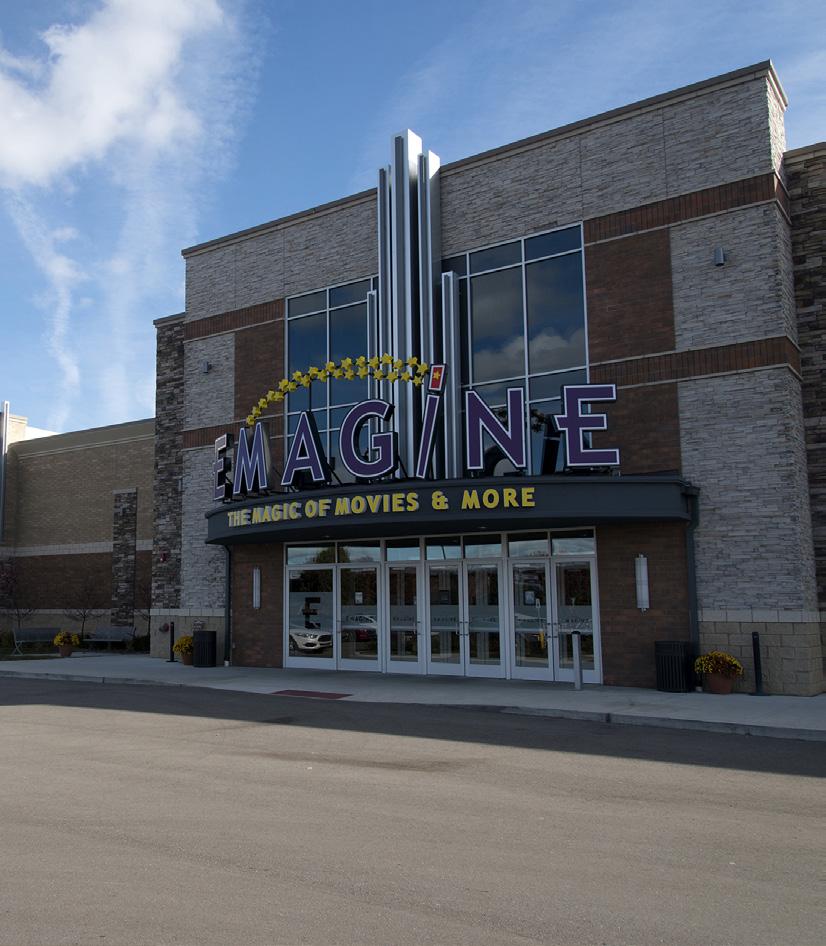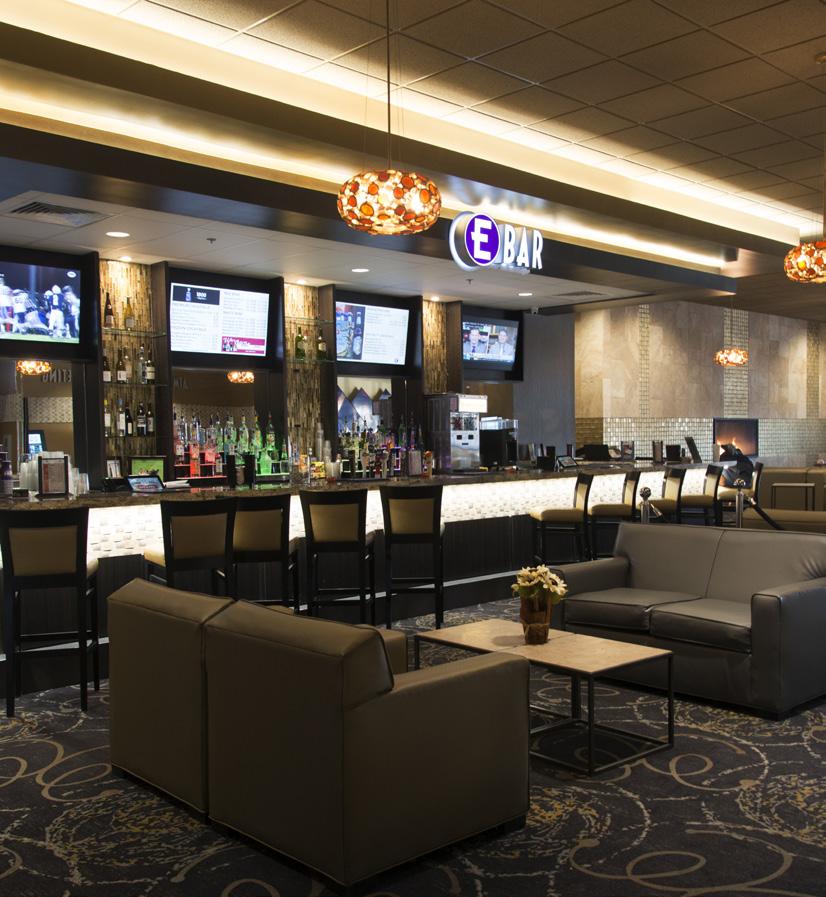
3 minute read
THE REARVIEW MIRROR
COVID-19’S IMPACT ON BUSINESS
When COVID-19 hit last year, most businesses large or small and from every market sector were caught off guard. Employers had to develop quick responses to the pandemic to protect employees and customers, often relegating normal operations to the back seat.
Each organization had to adjust to the new realities to assure safety and continuity, with each plan as unique as the business itself.
One example is the Narrow Way Café, an intimate shop offering coffee and baked goods on the Avenue of Fashion stretch of Livernois in Detroit typically employing around eight and owned by David Merritt.
CHALLENGES NOT FOR FAINT OF HEART
As it was for so many business owners in restaurant, hospitality, and entertainment industries, the challenge Merritt faced was not for the faint of heart. According to the Michigan Restaurant and Lodging Association, restaurant sales statewide declined some 25% in 2020, while labor costs as a percent of sales increased.
Merritt’s response stressed the safety of his employees and customers including a period of complete closure from March through July.
CRISIS LEADS TO CREATIVE SOLUTIONS
When he reopened with reduced hours and menu offerings, he also rolled out a series of creative solutions including a walk-up carry-out window. When the colder weather set in, “to go” ordering was allowed indoors with proper precautions. Merritt also developed a customer facing smart phone app to accept online orders and schedule pick-up times.

Restaurant
sales statewide declined some
DAVID MERRITT
OWNER, NARROW WAY CAFE
58%
OF MICHIGAN VOTERS SAID HELPING SMALL BUSINESSES BOUNCE BACK WAS THE FIRST ISSUE THAT STATE LEADERS SHOULD ADDRESS1

PAUL GLANTZ
CHAIRMAN, EMAGINE ENTERTAINMENT
While coffee can be ordered from a myriad of places using similar methods, Merritt worked to maintain customer loyalty by starting a Monthly Java Club, which delivers patrons a bag of beans each month from a surprise location: Costa Rica, Brazil, Ethiopia, or elsewhere.
NO ONE-SIZE-FITS-ALL APPROACH FOR BUSINESS AMID PANDEMIC
On March 16, 2020, Emagine Entertainment, which owns and operates twelve movie theaters throughout Michigan, closed its venues per Governor Gretchen Whitmer’s Executive Order shutting down bars, theaters, casinos, and limiting restaurants to carry-out and delivery. While reopenings were allowed later in the year, 2020 proved difficult.
Pivoting to alternate revenue methods was challenging, particularly for theaters which require in-person experiences, unlike restaurants that can offer delivery or carryout options.
“We’re prevented by our agreements with the production studios from live streaming movies, except for a few small budget films,” explains Chairman Paul Glantz. Costs were cut aggressively, but with an eye to the future. During the early months, employees were kept on, doing deep cleaning and painting projects. Eventually, however, all but the most senior staff were furloughed.
While the theaters normally employ about 1,100 full- and part-time workers, only about 50 were working as of March 19 as senior managers were kept on.
However, Emagine continued to pay healthcare premiums for furloughed employees on the company plan. “We were concerned about these people facing the double burden of unemployment and a lack of health insurance. We wanted them to know we care,” says Glantz.
Since the state allowed limited openings in December, Emagine has followed the protocols mandated under the CinemaSafe initiative of the National Association of Theatre Owners. The program is a comprehensive set of health and safety guidelines that mandate enhanced cleaning, improved ventilation, and employee training in recognizing COVID symptoms. •
Paul Vachon is a freelance writer in Metro Detroit.
THE STRUGGLE OF REMAINING VIABLE
The business then faced a conundrum: how to remain viable despite the shutdown.









